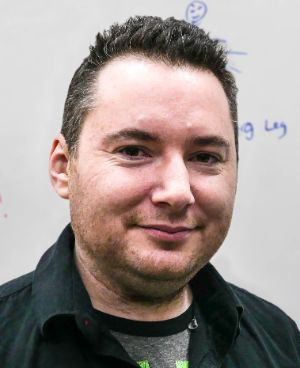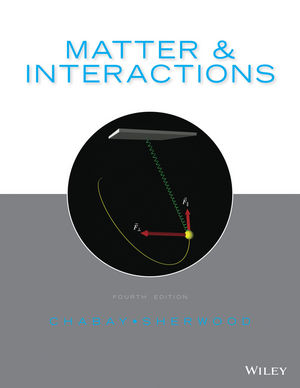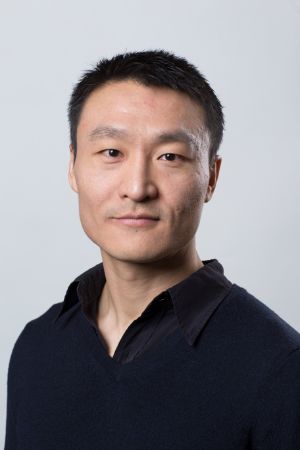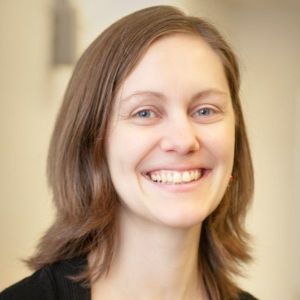2019
Previous
The presentation touches on learning goals, assessment, and teaching practices around computation and discusses research that has been carried out in the context of P-Cubed that has informed our thinking and resulted in iterations on our design.
A curriculum for the introductory calculus-based course taken by beginning university science and engineering students, takes a contemporary perspective on introductory-level physics.
Although quantitative approaches to data generation, collection and analysis are common in physics education research (PER), they are frequently misunderstood even among veteran scholars in the field.
New trends in physics education stress the importance of an inquiry based learning. Arduino and smartphones make it possible for every student to perform quantitative, precise and instructive experiments, even at home. Both tools can be exploited at universities as well as in high schools and are complementary to each other.
In this session, we describe how peer observation can be used to promote lasting adoption of evidence-based instructional practices.
Sociologists and historians of science/engineering have documented the salience of meritocracy and technocracy in engineering and engineering education (Cech, 2014; Slaton, 2015; Riley, 2008). Meritocracy, a problematic worldview, conveys that “worth” accrues with an individual based solely on their own accomplishment.
Counting problems have been shown to be challenging for students to solve correctly, and one reason is that they can be difficult to verify (e.g., Eizenberg & Zaslavsky, 2004).
In response to the growing emphasis on computational thinking in K-12 education standards and modern science professions, our research team designed a year-long professional development series for high school physics teachers to learn how to program and utilize computer simulations in their curricula.
The State of Equity in College Physics Student Learning in the United States: a Critical Quantitative Intersectionality Investigation
Meet Felek Baran: She has a PhD in chemistry education and will tell us about her work. She has a workplace at ILS but will work with both KURT and ILS on science education.
In this seminar, we share some of the work that is being done to prepare to teach programming as part Norwegian Math and Science Curriculum Redesign in 2020.





